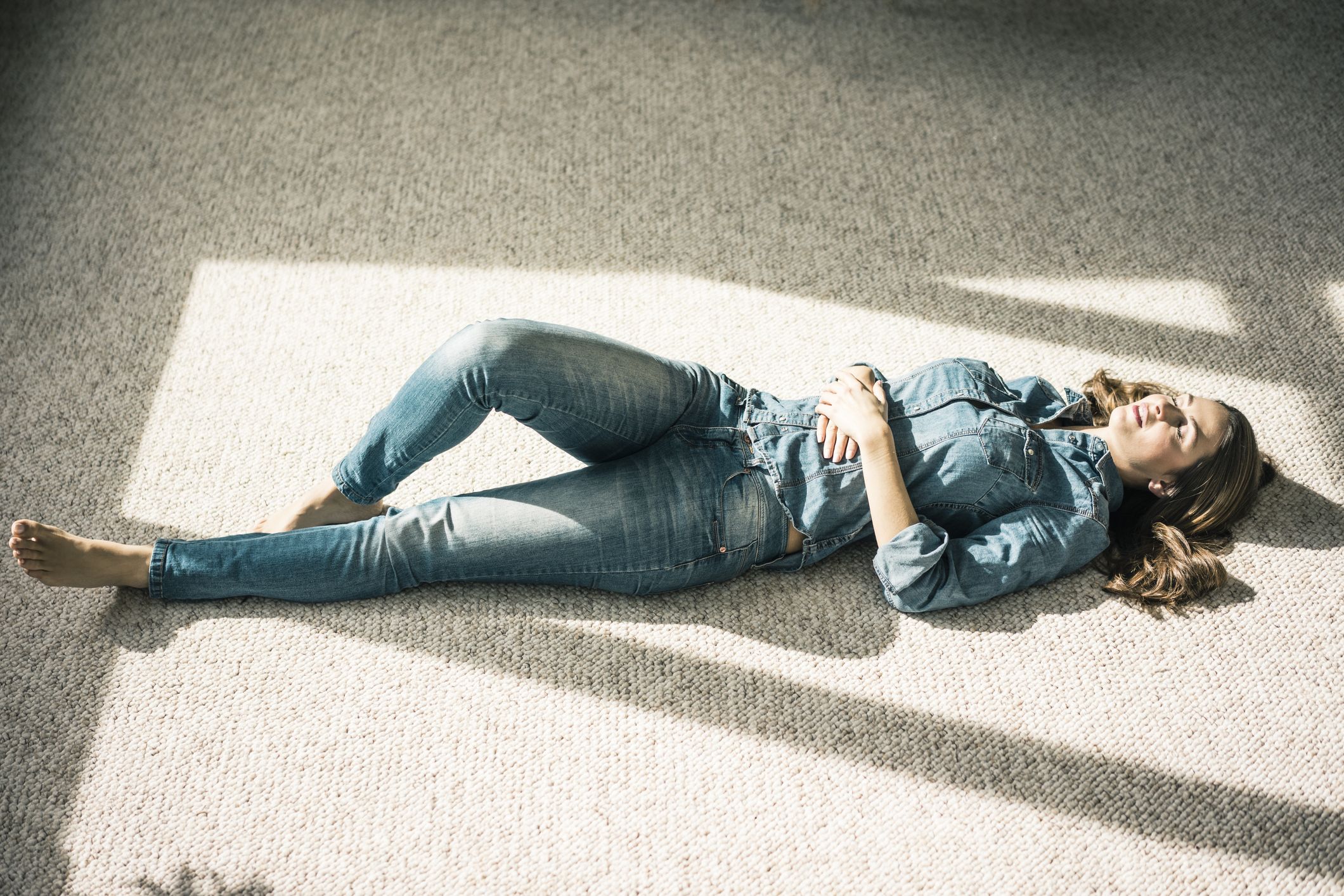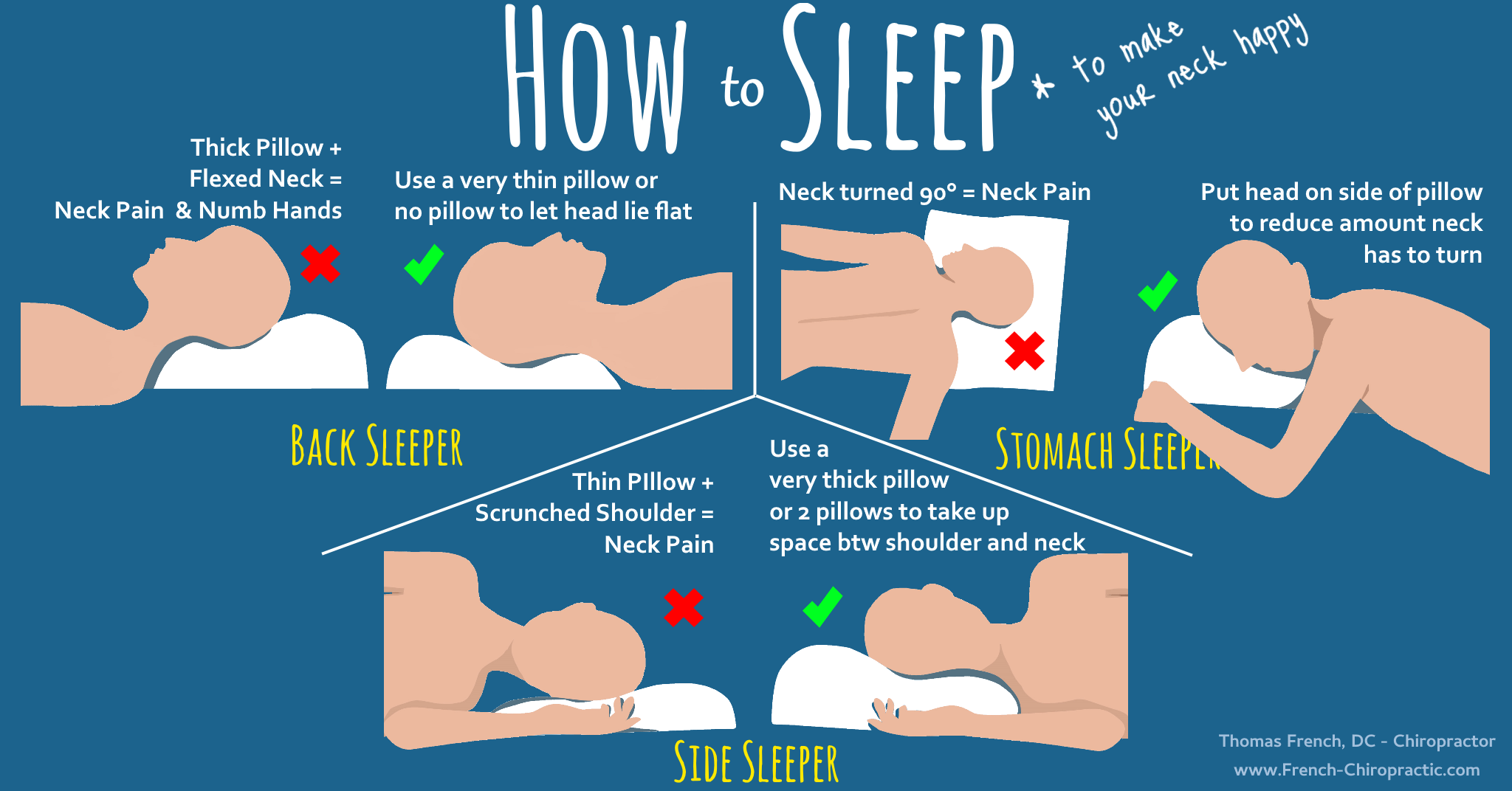Have you ever woken up with a stiff back, feeling like you’ve slept on a bed of nails? While those of us with back pain may often reach for the latest mattress or pillow, a surprising solution is gaining traction: sleeping on the floor. Sounds harsh, right? But this simple change could hold the key to a more restful night and a pain-free morning.

Image: viewfloor.co
For centuries, cultures worldwide have embraced sleeping on the floor. From traditional Japanese futon practices to ancient Chinese beliefs, the idea of a “hard” sleeping surface has a rich history. So, is there scientific merit to this seemingly unconventional approach? Let’s explore the potential benefits and drawbacks of sleeping on the floor for back pain and discover whether it’s a viable solution for you.
The Science Behind Sleeping on the Floor for Back Pain
The secret sauce, so to speak, lies in the science of proper spinal alignment. Our spines are designed for a neutral position, a natural curve that supports our body weight effectively. Unfortunately, many mattresses, especially those that are too soft, can cause our spines to sink and deviate from this neutral alignment, leading to pain and discomfort.
Here’s where sleeping on the floor comes in. The firmness of the floor encourages the spine to maintain its natural curve, supporting both the lower and upper back. This can provide much-needed relief from pressure points and reduce the strain on muscles and ligaments.
Benefits of Sleeping on the Floor
Improved Spinal Alignment
As mentioned earlier, the floor’s firmness helps maintain the natural curvature of the spine, which is crucial for healthy back function. This can be a game-changer for individuals with chronic back pain or those struggling with poor posture.

Image: www.french-chiropractic.com
Reduced Muscle Tension
When our spines are misaligned, muscles work overtime to compensate, leading to tension and stiffness. The firm support of the floor can alleviate pressure on these muscles, allowing them to relax and recover properly during sleep.
Improved Circulation
A surprising benefit of sleeping on the floor is improved blood circulation. When we lie on a soft mattress, our bodies can sink in, hindering blood flow. Sleeping on a firm surface allows for better circulation, promoting overall health and well-being.
Potential Drawbacks
Uncomfortablness and Lack of Support
While the floor can be a wonderful solution for some, it’s not a one-size-fits-all approach. For individuals with certain conditions, such as arthritis or osteoporosis, the lack of cushioning and support could be detrimental, exacerbating existing pain.
Potential for Injury
Sleeping on the floor without any padding can put you at an increased risk of injury, especially if you’re prone to falls. It’s crucial to ensure a clean, safe sleeping environment, free of tripping hazards.
Coldness
The cold, hard surface can be a major deterrent for some, especially if you are sensitive to temperature changes. Investing in a thicker blanket or mattress topper can help mitigate these issues.
Tips for Sleeping on the Floor
Choose the Right Surface
The floor is not just the floor. Consider a variety of surfaces like hardwood, tile, or even carpet, each offering a different level of firmness and texture. Remember, the goal is to find a surface that provides adequate support without being excessively hard.
Add Comfort
To make sleeping on the floor more enjoyable, use a thin mattress topper or a yoga mat for added cushioning. This can bridge the gap between the floor and your body, providing extra comfort and support.
Invest in Quality Bedding
Your bedding can make or break your floor-sleeping experience. Opt for breathable, hypoallergenic materials like cotton or bamboo for your sheets and blankets, ensuring a comfortable and hygienic sleep space.
Is Sleeping on the Floor Right for You?
Before diving headfirst into floor sleeping, consider the following:
- Your Physical Condition – Do you have any underlying health conditions that could be aggravated by a firm surface?
- Your Preferences – Are you comfortable with the idea of sleeping on the floor? It’s important to be receptive to the change.
- Your Existing Sleep Habits – How well do you sleep on your current mattress? Is your back pain primarily a result of your mattress, or are there other factors involved?
Can Sleeping On The Floor Help With Back Pain
Conclusion
While the idea of sleeping on the floor may seem unconventional, it’s important to remember that everyone has unique needs and preferences. If you’re struggling with back pain and are curious about this approach, do your research, weigh the potential benefits and drawbacks, and consult with a medical professional to determine if sleeping on the floor is the right path for you. Ultimately, finding a comfortable and supportive sleep setup, whether on a floor or a mattress, will lead to better sleep and a healthier back.



/GettyImages-173599369-58ad68f83df78c345b829dfc.jpg?w=740&resize=740,414&ssl=1)


